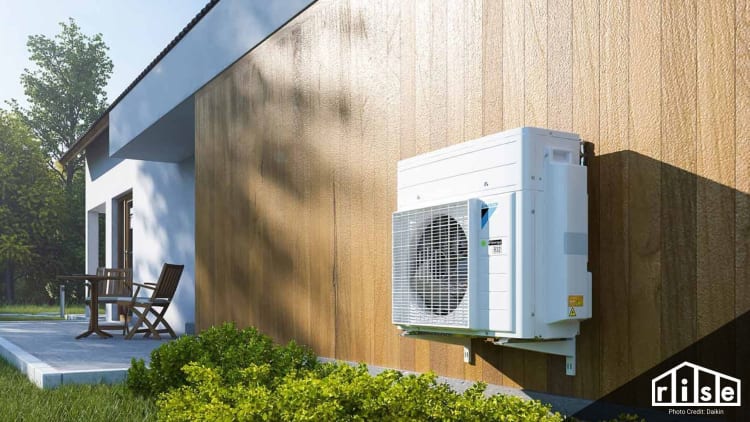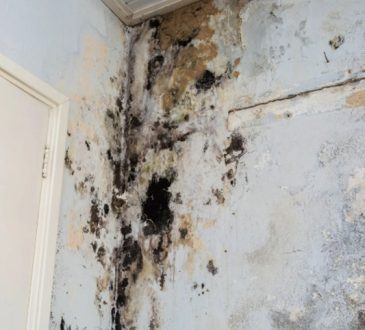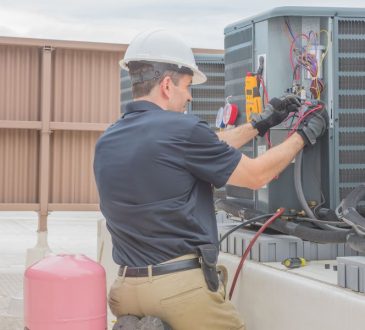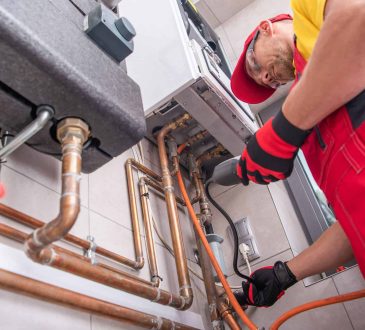
Heat pump heating systems are exceptionally environmentally friendly and cost-effective to operate and helps in heating up the house. With numerous new buildings, there is, therefore, no other solution. But even with many renovations, old oil heating systems are often replaced by this environmentally friendly variant. We will answer the most frequently asked questions about these popular heaters in this and the following article.
How Much Electricity Does A Heat Pump Heating System Use On Average Per Year?
The power consumption of the heat pump heating depends on the one hand on the system, on the other hand on the COP (coefficient of performance), and finally on the intensity and duration of the wintertime.
What Does That Mean In Concrete Terms?
The COP reflects the performance figure of the device. This means that the higher the coefficient of performance, the better and more energy-efficient the heat pump works. The COP of heat pumps varies depending on the type of heating system. A geothermal probe heater, for example, has a higher COP value and can therefore be operated with less electrical energy than an air-to-water heat pump, for example.
The weather and the behavior of the heating users also have a not inconsiderable influence on the operating hours of the heating system. It depends on how long winter lasts and how low the temperatures are. Depending on this, the heating will be more and more prolonged than in other years. While some people only feel comfortable at 23 degrees Celsius, others only need 20 degrees. By the way, did you know
Anyone who also heats the hot water with the heat pump automatically produces more operating hours. The average value of a typical Swiss single-family house with a heating output of 10 kW is calculated with an annual energy consumption of the heat pump of approx. 6,000 – 8,000 kWh.
Why Does Energy Consumption Remain High Despite A New Heat Pump?
You should save electricity with a new heat pump. This should be clear when compared to the previous electricity consumption. However, if consumption remains the same or increases and personal behavior has not changed either, something is wrong. It could be that the heat pump has an installation error or an incorrect setting in the system repair.
These could be possible reasons for the above-average energy consumption:
- The old heater provided only one full hot water charge per day, while the new one gradually heated the water. This means that more hot water is prepared overall.
- The hot water boiler could lose hot water through a defective pressure relief valve. Checks and repairs can help here.
- The heating is not set correctly and starts to work when the outside temperature is too high.
- The heat pump works with poor efficiency. Only a specialist can check this and set it correctly.



